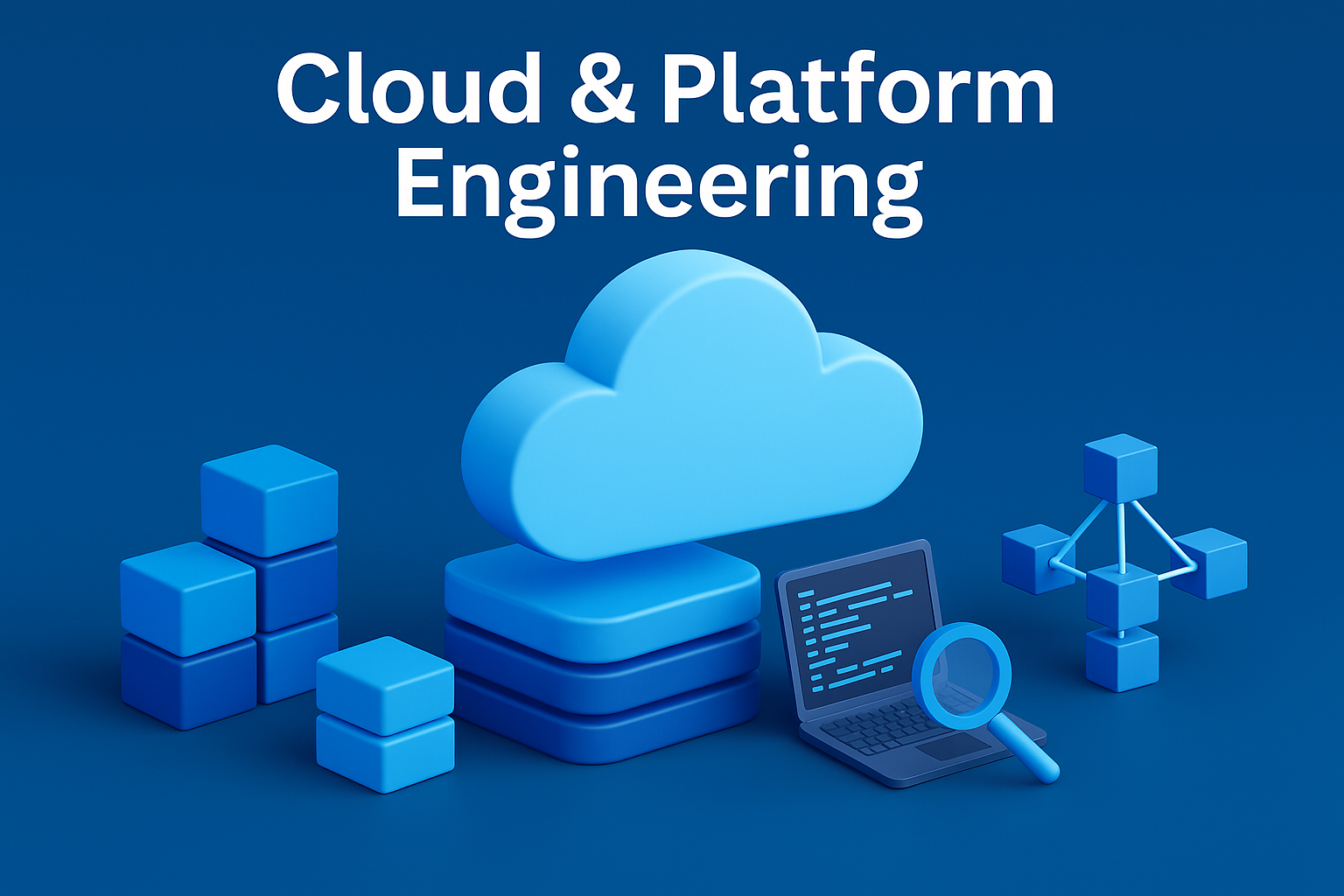Introduction
Deploying an application into production on Azure requires much more than simply running code.
A production environment must be secure, monitored, resilient, scalable, and cost-optimized.
This guide provides a technical checklist to verify your Azure environment before it goes live.
Prerequisites
- Azure subscription (Enterprise or Pay-As-You-Go)
- Azure CLI 2.60+
- PowerShell 7+
- Bicep CLI (v0.24+)
- Admin permissions (Contributor or Owner)
- Existing Resource Group structure
1️⃣ Networking & Security
1.1 Virtual Network (VNet)
az network vnet create \
--name prod-vnet \
--resource-group rg-prod \
--address-prefix 10.10.0.0/16-
Create subnets per application layer:
10.10.1.0/24→ Frontend10.10.2.0/24→ Backend10.10.3.0/24→ Database
-
Define Network Security Groups (NSG) to allow only necessary ports.
-
Use Azure Firewall or Application Gateway (WAF) for traffic filtering.
1.2 DNS and Peering
- Use Private DNS Zones for internal resolution.
- Separate Hub–Spoke topology for management and app networks.
- Configure bidirectional peering:
az network vnet peering.
1.3 Security Policies
- Enable NSG, Azure Firewall, and Defender for Cloud.
- Use Just-In-Time (JIT) access for administrators only.
- Store secrets in Azure Key Vault (connection strings, secrets, certificates).
2️⃣ Identity & Access Management (IAM & RBAC)
2.1 Role-Based Access Control
New-AzRoleAssignment -ObjectId "" -RoleDefinitionName "Reader" -Scope "/subscriptions//resourceGroups/rg-prod"- Apply least privilege principle for roles (Owner, Contributor, Reader).
2.2 Managed Identity
az keyvault set-policy --name kv-prod --object-id --secret-permissions get list- Assign Managed Identities to application services.
- Grant Key Vault access via access policies.
2.3 Policy & Blueprint
- Enforce Azure Policy for naming conventions, regions, and tagging.
- Detect resources exposing public IPs or open ports.
3️⃣ Monitoring & Observability
3.1 Log Analytics
az monitor diagnostic-settings create \
--name diag-prod \
--resource \
--workspace \
--logs '[{"category":"AllLogs","enabled":true}]'3.2 Alerts
- Create metric alerts for CPU, memory, disk, and network.
- Enable Activity Log alerts for unauthorized access.
3.3 Application Insights
- Enable Application Insights for all App Services.
- Use Distributed Tracing for end-to-end request monitoring.
4️⃣ Backup & Disaster Recovery
az backup vault create \
--resource-group rg-prod \
--name vault-prod \
--location westeuropeaz backup protection enable-for-vm \
--policy-name DefaultPolicy \
--vault-name vault-prod \
--vm - Backup frequency: Daily
- Retention: 30 days
- Recommended: Geo-Redundant Storage (GRS)
az sql db replica create \
--name sqldb-prod \
--partner-server sql-dr \
--resource-group rg-prod5️⃣ Performance & Scalability
az monitor autoscale create \
--resource-group rg-prod \
--resource \
--min-count 2 --max-count 6 --count 2- Enable VMSS or App Service Autoscale.
- Use Load Balancer (L4) or Application Gateway (L7).
- Global routing: Traffic Manager.
- Enable CDN or Front Door for caching.
- Use Redis Cache for session acceleration.
6️⃣ CI/CD Integration
trigger:
branches: [ main ]
stages:
- stage: Build
jobs:
- job: build
steps:
- task: DotNetCoreCLI@2
inputs:
command: 'build'
- stage: Deploy
jobs:
- deployment: deploy
environment: 'production'
strategy:
runOnce:
deploy:
steps:
- task: AzureWebApp@1
inputs:
azureSubscription: 'Prod-Connection'
appName: 'web-prod'name: Deploy to Azure
on:
push:
branches: [ "main" ]
jobs:
build:
runs-on: ubuntu-latest
steps:
- uses: actions/checkout@v3
- uses: azure/webapps-deploy@v3
with:
app-name: web-prod
publish-profile: ${{ secrets.AZURE_WEBAPP_PUBLISH_PROFILE }}7️⃣ Cost & Governance
az consumption budget create \
--amount 500 \
--category cost \
--name budget-prod \
--resource-group rg-prod \
--time-grain monthly \
--start-date 2025-01-01 --end-date 2025-12-31- Define budget alerts and analyze service costs.
- Tag all resources:
Environment=ProductionOwner=ITOpsCostCenter=1001
- Apply Azure Policies (Allowed Locations, Require Tag).
8️⃣ Go-Live Technical Checklist
| Category | Control | Status |
|---|---|---|
| Network | NSG & Firewall rules updated? | ☐ |
| DNS | Private DNS configured? | ☐ |
| VM | OS Patches & Agent updated? | ☐ |
| App Service | Application Insights linked? | ☐ |
| Database | Geo-Replication enabled? | ☐ |
| Backup | Last backup succeeded? | ☐ |
| Monitoring | Alerts configured? | ☐ |
| Security | Key Vault access restricted? | ☐ |
| Policy | Tags and policies valid? | ☐ |
| CI/CD | Pipeline runs automatically? | ☐ |
Conclusion
This checklist ensures your Azure environment meets production-grade requirements:
- Security → Least privilege, segmentation, and firewalling.
- Performance → Autoscaling, load balancing, caching.
- Reliability → Backup, DR, and monitoring.
- Governance → Policy and cost optimization.
Tip: Follow the Azure Well-Architected Framework (Cost, Reliability, Security, Performance, Operational Excellence).
